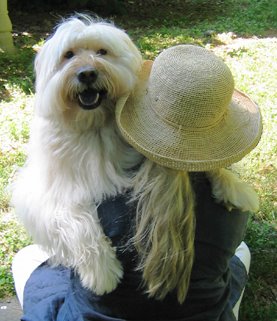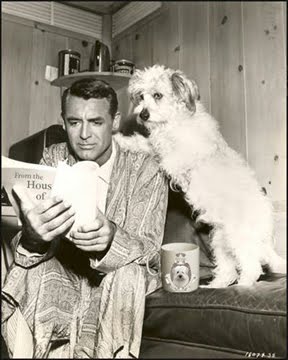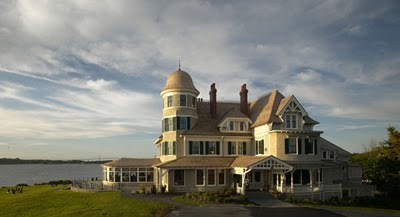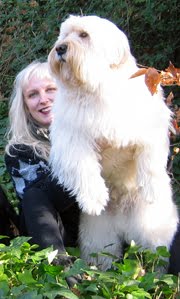Monk’s House
The elm trees are gone now. I stand where they once stood, imagining the two graceful giants, their limbs once intertwined, their leaves once freely dancing in the winds blowing up from the South Downs. They were named for their owners and valiantly kept the charge of guarding their ashes for as long as they could, till the cruelty of time and disease felled them, first one, then the other. But those careless thieves could not vanquish the two great minds whose ashes seem to have carried their essences deep into the very ground of this garden through which I wander. Her spirit is everywhere here. A healthy spirit, too, one gifted for recognizing beauty and attempting to illuminate it for the rest of us, in spite of the pain, in spite of the fear. It is a lovely garden. I feel she is happy here now.
It is a storybook day in May when I stroll the lane towards Monk’s House, the home of Virginia and Leonard Woolf in the bucolic village of Rodmell. The lane seems shy, indeed it only bears the nondescript name, The Street, as if anything grander would be unseemly. Candybox houses hide behind flowering fruit trees and the suede of spring-green moss softens the stone walls lining my way. I lift the latch on the humble wooden gate and follow the path into the garden.
It is blissful here. Fat, lazy bumblebees dip and sway around me. An alchemistic sun turns the white apple blossoms into celestial clusters of light. A few break free and drift my way to land in my palm like a blessing. Ever-vigilant, the sturdy square tower of St. Peter’s parish church casts a benevolent eye over all, morning prayers floating on the breeze, wafting through the pink roses that still clamber round her bedroom door. Did she ever stand in their shadow to listen? To stand where she stood, to step over her threshold. To run my hands across the fabric of her favourite chair. I know how fortunate I am.
People often tell me they find her books difficult. It’s true, Virginia Woolf’s writing is dense; it cannot be read casually. But if it seems impenetrable at first glance, one needs only to find a way in. Perhaps in the middle of a brilliantly lucid rendering of emotion that is at once intimate and universal, there are two or three words to pull apart, just wide enough for the soul to sink inside the illuminating prose and float down, down, to the core of its meaning. A light shines there, in the midst of her words, perhaps only flickering at first reading, but growing brighter and brighter with each subsequent one till it is possible to see the deepest workings of the heart, shimmering in the darkness.
Unable to bear another war, unable to quell her fear of sinking once again beneath the weight of another grave depression, Virginia Woolf opened her garden gate on a morning in March 1941, and walked down the lane to the river Ouse, picking up heavy stones as she went. These she placed in the pockets of her cardigan, laid down her cane and hat on the banks of the river, and sank beneath its waters. For years I have wondered about the solemn determination of that walk and as I lift the same latch as she and turn right to follow in her footsteps, I am struck by the beauty of the scenery around me. The lane meanders past fields abuzz with the business of Spring; magpies swoop past me on the the currents of the wind. Everything is green. How deep her desperation must have been to deny her the tiniest, lifesaving measure of hope in this scene that met her eyes as she took that final walk, gathering sad stones along the way. Suddenly, I find I cannot go any further. Her last steps I no longer wish to retrace.
The elm trees are gone, it’s true. But there is a chestnut tree, resplendent in its big-leafed Springness, still standing watch over her writing studio in the bottom of her garden. Before I leave, I gather up eight perfect leaves from that old tree, placing them in a copy of Mrs. Dalloway that I purchase at the shop. They dry perfectly by the time I return home and I frame them to hang in my library.
I gaze at these leaves often; emissaries from the same tree that she gazed upon as she wrote the books that mean so much to me. Having visited her home, I no longer think of her on that walk to the river. For me, she lives in that spring garden, peaceful now amidst its beauty. I smile.
“Beauty, the world seemed to say. And as if to prove it (scientifically) wherever he looked at the houses, at the railings, at the antelopes stretching over the palings, beauty sprang instantly. To watch a leaf quivering in the rush of air was an exquisite joy. Up in the sky swallows swooping, swerving, flinging themselves in and out, round and round, yet always with perfect control as if elastics held them; and the flies rising and falling; and the sun spotting now this leaf, now that, in mockery, dazzling it with soft gold in pure good temper; and now again some chime (it might be a motor horn) tinkling divinely on the grass stalks—all of this, calm and reasonable as it was, made out of ordinary things as it was, was the truth now; beauty, that was the truth now. Beauty was everywhere.”


















































